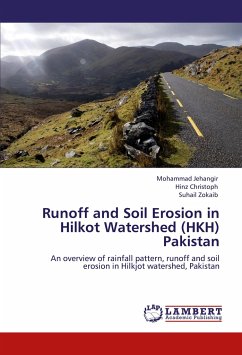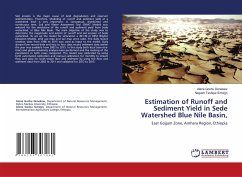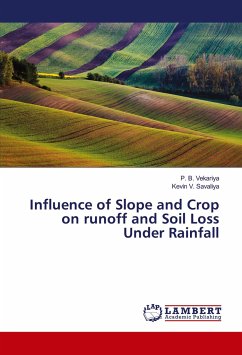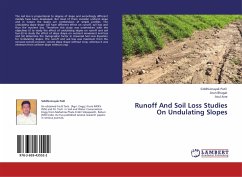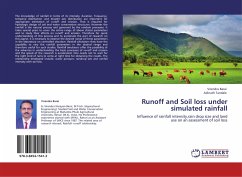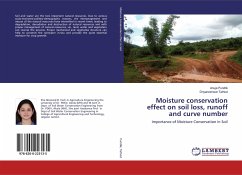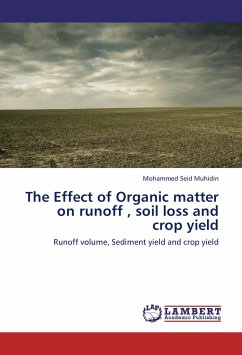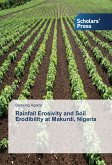An extensive study in Hilkot watershed, a catchment of Terbala Dam, was started by the PARDYP in 1998. Studies have been conducted at plot, sub-catchments and the watershed scale for investigating the rainfall runoff soil erosion processes in the study area, which lies in the Central Himalayan region having humid temperate climate. PARDYP is a watershed management research and development project involved in the fields of co-operative rural participation, hydrology and meteorology research, soil erosion and fertility studies, conservation activities, rehabilitation of degraded areas and agronomic and horticultural activities. PARDYP operated in five watersheds four of ICMODS s partner countries along the west east transect through the Himalayas: Pakistan (Hilkot), India, Nepal and China. All the watersheds are located in middle mountains of Himalayas where pressure on natural resources is high. People and Resource Dynamics Project (PARDYP) was funded by SDC and IDRC and implemented by Pakistan Forest Institute (PFI) with the technical support by International Centre for Integrated Mountain Development (ICIMOD).
Bitte wählen Sie Ihr Anliegen aus.
Rechnungen
Retourenschein anfordern
Bestellstatus
Storno

